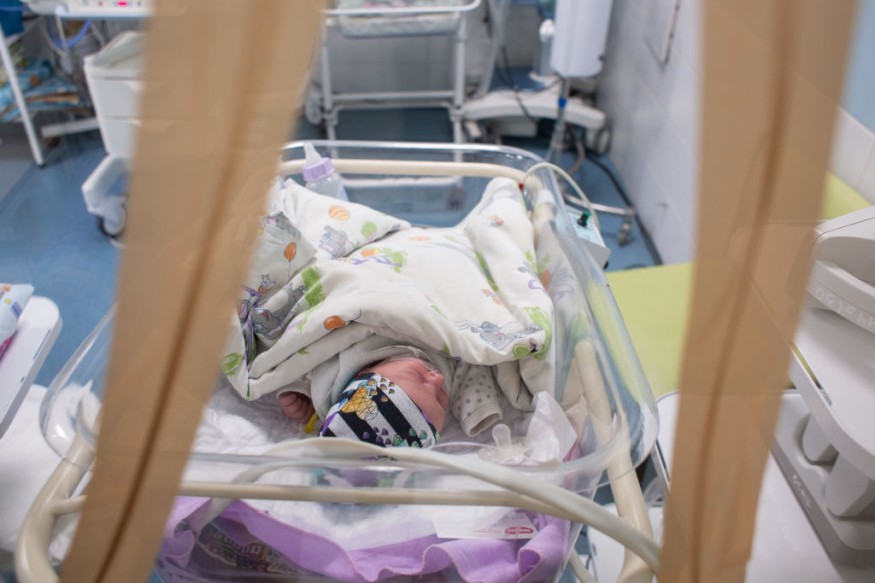Pediatric cancer Wilms tumor has been responsible for several deaths of children worldwide.
The said childhood cancer can be lethal if left untreated.
In a new study, researchers unraveled the genetic mechanisms behind the rare kidney cancer, particularly the recurrence of cancer amongst patients.
The research has been considered to be the most comprehensive analysis when it comes to collecting a large sample of data on relapses in the Wilms tumor.
It also provided insight into further understanding the tumor with the hope of improving medical treatments for it.
Wilms Tumor Genetic Mechanisms

In a new paper published in the journal, Cell Reports Medicine, research from Ann & Robert H. Lurie Children's Hospital of Chicago and its collaborators from various institutions have put on a glimpse into the genetic characteristics of relapse amongst patients with Wilms tumor, as reported by the News Medical, a UK-based open-access medical and scientific site.
The research was able to identify certain mutations in key genes, including two that had not been detected before in Wilms tumor.
The discovery reportedly provided an opportunity for improving identification and therapeutic methods for patients at risk of having a recurrence of pediatric cancer.
The study's lead author is Elizabeth J. Perlman, a senior medical officer at the Lurie Children's Hospital and a pathology professor at Northwestern University's Feinberg School of Medicine.
Cancer Recurrence
In order to explore the genetic mechanisms, the researchers used genetic sequencing of the sample data available containing both primary and relapse tumors from patients who underwent a relapse of Wilms tumor following a therapy.
The patients were from the Children's Oncology Group "AREN03B2" from 2006 to 2017 as part of an umbrella biology and classification study.
It must be noted that Wilms tumor is treatable.
However, like other types of cancers, the chance of a relapse or renewed malignant tumor (cancerous) or benign tumor (non-cancerous) is still possible, regardless of the age and gender of the person.
The American Society of Clinical Oncology (ASCO) explained that cancer recurrence takes place when a cancer comes back again after treatment; while there is no specific timetable for such relapse, it can occur in a span of several weeks, months, or even years.
The ASCO underlined the recurrence rate will depend on the type of primary cancer and indicated that it is impossible for a doctor to be entirely certain if cancer will recur.
What is the Wilms Tumor?
The American Cancer Society (ACS) defines the Wilms tumor, also called Wilms' tumor or nephroblastoma, as a type of childhood cancer where tumors start in the kidneys at a cellular level.
Statistically, nine out of 10 kidney cancers affecting children are Wilms tumors.
The ACS classifies Wilms tumor into two types: favorable histology and anaplastic histology.
Meanwhile, the organization provides the other types of kidney cancers in children as follows: mesoblastic nephroma, clear cell sarcoma of the kidney, malignant rhabdoid tumor of the kidney, and renal cell carcinoma
In the United States alone, the survival rate for children with Wilms tumor is 92%, while there is only a 78% survival chance for poor parts of the world with fewer medical resources to tackle the pediatric renal cancer, according to a study cited on the National Library of Medicine on February 14.
© 2025 NatureWorldNews.com All rights reserved. Do not reproduce without permission.





